As the coronavirus pandemic upends Ramadan rituals, Muslims turn to their faith for guidance
"Islam is a very practical religion, Islam appreciates science and technology."
Amid the coronavirus pandemic, centuries old guidance from Islam's revered prophet and founder on how to exercise faith amid a plague has been highlighted by clerics and scholars as 1.8 billion Muslims around the world — and around 3.5 million in the United States — grapple with social distancing and quarantines during the holy month of Ramadan.
“If you hear of an outbreak or a plague in a land, do not enter it; but if the plague breaks out in a place while you are in it, do not leave that place,” the Prophet Muhammad advises Muslims according to Sahih Al-Bukhari in the Hadith — a record of traditions and sayings attributed to the prophet that serves as a secondary source of religious and moral law in Islam in addition to the Quran.
"When we see the hadith of the prophet 1400 years ago, we see that social distancing was taught by the prophet," Imam Naeem Baig of the Dar Al-Hijra mosque in Falls Church, Virginia told ABC News in a phone interview on Wednesday. "Islam is a very practical religion, Islam appreciates science and technology, Islam encourages us to explore ... this is the beauty of Islam and the hadith," he added.
This concept also speaks to the first pillar, "shahada", or belief in the oneness of God and in Prophet Muhammad as a messenger.
Indiana Rep. Andre Carson, one of three Muslim members of Congress, said that he has discussed this hadith with imams amid the pandemic and it is a reminder that "the Prophet, peace be upon him, was very rational, very practical,” and his words "run very true today.”
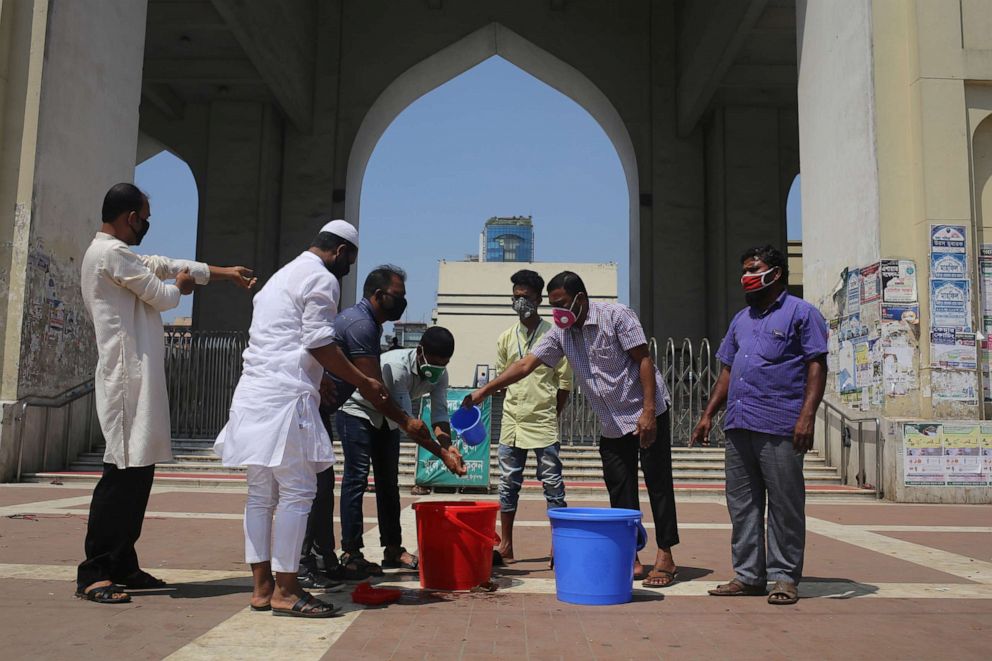
Personal hygiene and cleanliness, which have been highlighted globally in the battle against the coronavirus, are also intrinsic parts of Islam. "Wudu," which is the Islamic ritual for cleansing and purification involves washing the hands, feet, face and head before each of the five daily prayers and there are sinks outside mosques all over the world.
Abdulaziz Sachedina, the chairman of Islamic Studies at George Mason University, said that "personal hygiene is held at a high level" in Islam and "religiously you are required to be alert to the environment" and wash your hands before meals, prayers and anytime you touch anything "impure."
Here is how the coronavirus pandemic is impacting the remaining pillars of Islam during the holy month of Ramadan, which begins Thursday evening.
Prayer or "Salat"
Although a handful of Muslim leaders have insisted on allowing a small number of worshipers to pray in the mosques, many of the largest Islamic organizations in the U.S. reached a consensus that mosques should shut down and that all religious and social gatherings during the month of Ramadan should be suspended, citing guidance from medical expects, local officials and "fiqh" or Islamic jurisprudence.
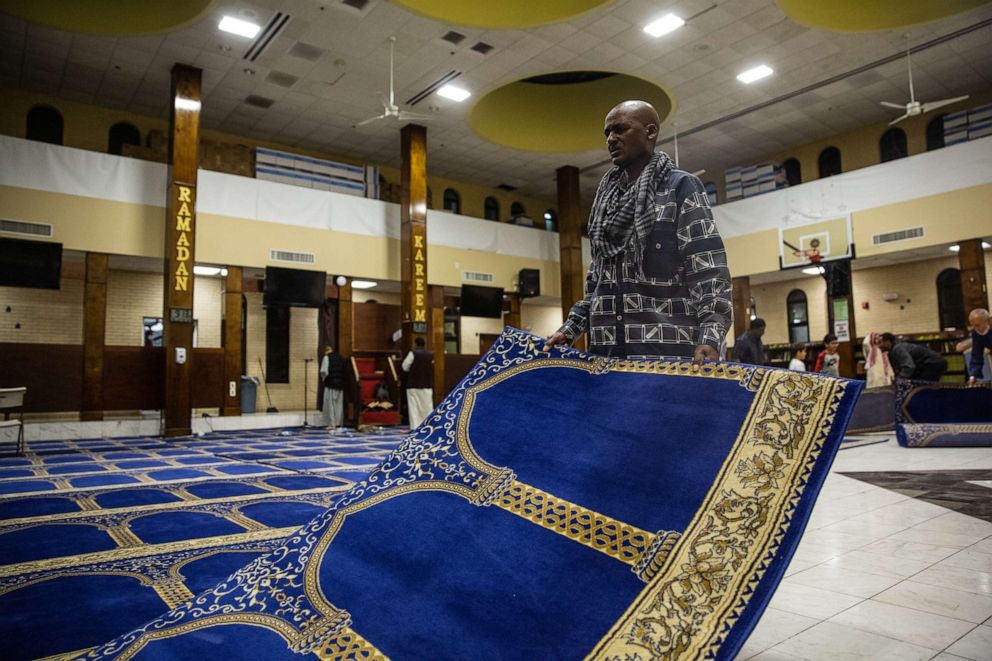
The Islamic Medical Association of North America, American Muslim Health Professionals, the Islamic Society of North America, and the Fiqh Council of North America issued a joint statement urging the Muslim community to temporarily suspend congregational prayers and all other gatherings.
“The Prophet (SAW) gave us specific guidelines to navigate threats to the community such as epidemics. Quarantine, social isolation, travel bans and restriction of select movement, visitations, congregation and socialization are among the precautionary and preventive measures specified in authentic hadith,” the statement says. “Fear for one’s safety is a genuine Islamic reason to forgo some of the fundamental Islamic actions and rituals.”
Devout Muslims pray facing the holy city of Mecca five times a day. While those daily prayers can be performed individually and away from the mosque, Friday prayers and tarawih prayers, which are performed every night of Ramadan, are generally performed in congregation.
With most of the over 2,000 mosques in the U.S. virtually shut down, religious leaders and community members are scrambling to adapt by providing virtual services. But according to CAIR Director of Maryland Outreach Zainab Chaudry this is a “stopgap solution."
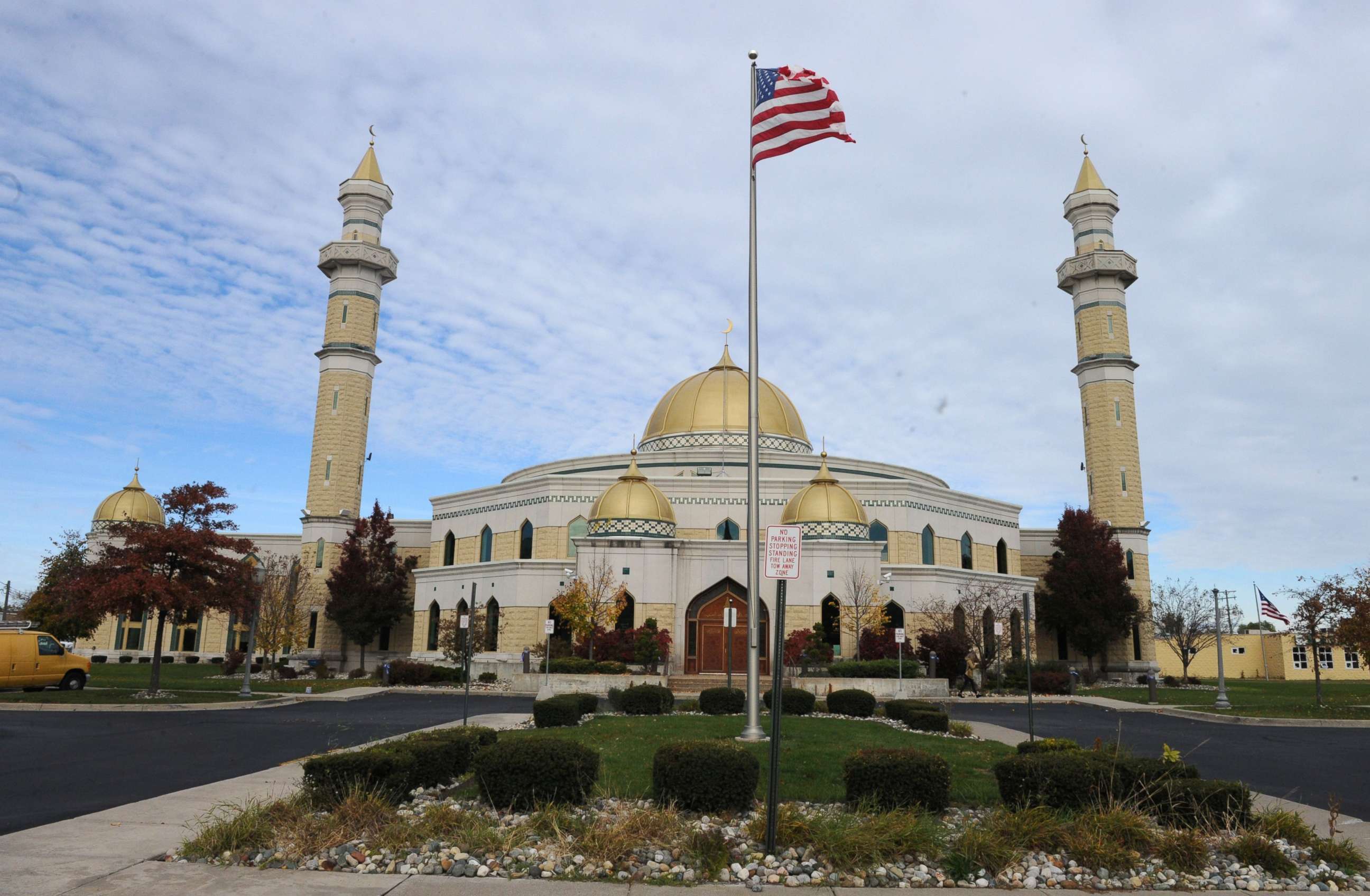
“Many mosques have shifted to Zoom and Skype and webcasts to be able to connect to the community," Chaudry said, but added that this is a " challenging" transition for some mosque leaders who don't have the technological training or paid staff to assist.
"There are unfortunately members who don’t have access to the internet. These services would not reach everybody but they are doing the best they can to make this a Ramadan that would be uplifting to the communities," she added.
In the Arab world and predominantly Muslim countries, the daily call to prayer or "adhan" is broadcast from the mosques on an outside speaker so that Muslims all around town can all hear it. But in the U.S., worshipers have to go to the mosque to hear it, so faith leaders have been working to broadcast it virtually.
In Minneapolis, which is home to thousands of Muslims, the adhan will be played over a loudspeaker in the Cedar-Riverside neighborhood during of the month of Ramadan, the city's Mayor Jacob Frey told ABC News' "Good Morning America" on Wednesday.
“Physical distancing requires that we pray apart,” he said. “It’s important that seniors who are familiar with that call to prayer can hear it.”
Fasting or "Sawm"
Fasting is considered an act of worship during the month of Ramadan, where devout Muslims abstain from food, drink and sexual relations every day from dawn to sunset.
Amid the coronavirus pandemic, there has been a debate about whether fasting could weaken a person's immune system and Muslims are turning to the Quran itself for guidance.
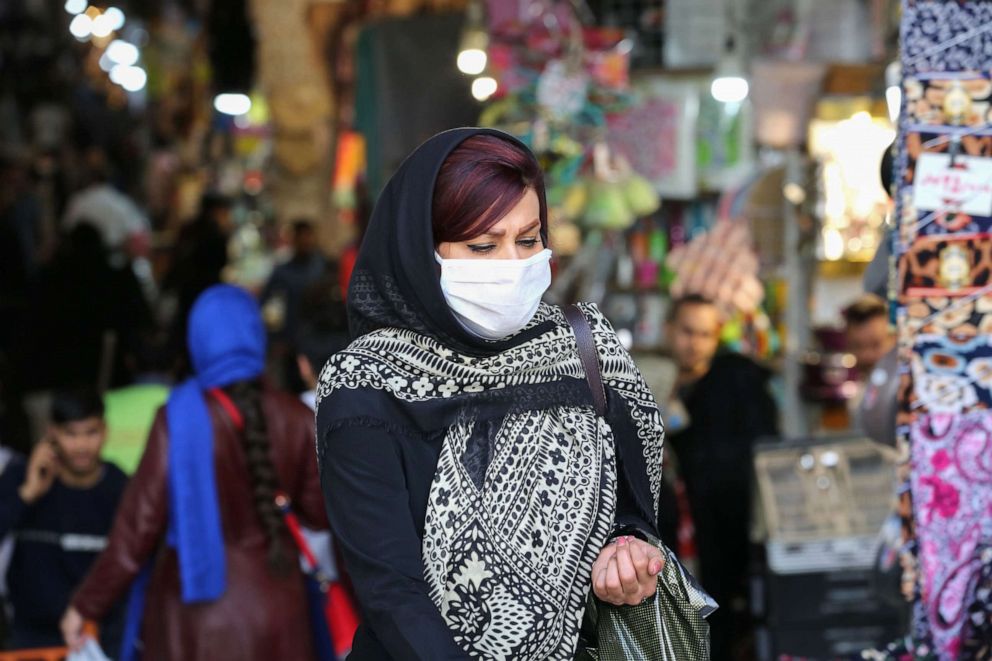
Sachedina said that in the text there is "leeway" when it comes to the rules of fasting because "you’re not required to do anything that is harming your well-being."
According to the Quran, those who are traveling, sick, elderly or pregnant don't not have to fast. Instead, they can make up for it by acts of "zakat" or alms by giving money, food or services to the poor.
"What I have noticed in my studies of these rulings is that it is left to the conscious of the individual. I should not cheat God. If I'm able to fast I should fast, if I'm not able to fast I should be the one to make that decision ... it’s a very conscientious type of ritual," Sachedina said.
"It is a religious obligation but it is done for God and God does not wish us to go through the hardship."
The breaking of the fast or "iftar" is a ritual in itself that brings together families and communities each night for feasts and celebrations. This year, religious leaders are advising communities to break the fast only with those they live with and some are planning virtual iftar gatherings.
Chaudry said that she already has plans for virtual iftar gatherings and Carson said that although he will miss the "communal aspect" this year, "perhaps social media" will allow people to pray and gather in "congregational style" to "temporarily meet those needs."
Charity or "Zakat"
"Zakat" or "charity" is a pillar of Islam that urges Muslims to donate a portion of their income or resources every year to those in need and during the month of Ramadan, charitable donations are especially abundant.
During Ramadan it is customary for mosques to provide iftar meals for those in the community who are in need, and with mosques shut down, communities have been scrambling to find alternative ways to feed the poor.
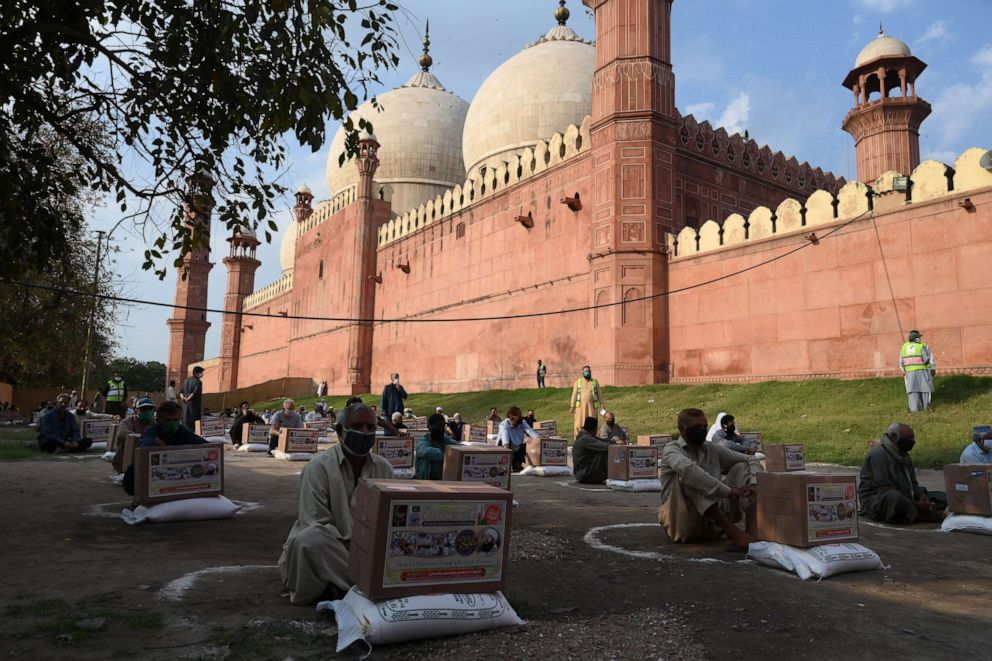
Chaudry said that "some of the community members were concerned that they wouldn’t be an iftar offered," so religious leaders have been sharing ideas to ensure that access to meals will not be disrupted.
Dar Al-Hijrah Islamic Center in Northern Virginia, one of the largest mosques in the country, is planning no-contact curb side pick up during Ramadan, where families will be able to pick up meals without leaving their cars.
Baig, who is the director of outreach at Dar Al-Hijrah, said that the mosque usually serves 700-800 meals on weekdays during Ramadan and 1200-1500 meals on weekends and this year, they still plan to provide these meals to the community.
Carson emphasized that like all Americans, many Muslims are struggling financially amid the coronavirus pandemic but he is still seeing the "spirit" of giving in the Muslim community.
"A lot of mosques operate food pantries and a lot of Muslims have been volunteering across the country to help those mosques and those non-profits that are affiliated with these mosques to still carry out their duty to humanity," he said, and "as prescribed by the religion of Islam, it is to care for those who are less fortunate."
Pilgrimage or "Hajj"
The annual pilgrimage to Mecca or the "hajj" draws hundreds of thousands of Muslims from around the world and is performed during the last month of the Islamic calendar, but the "umrah," which is a shorter pilgrimage to Mecca is often performed during Ramadan.
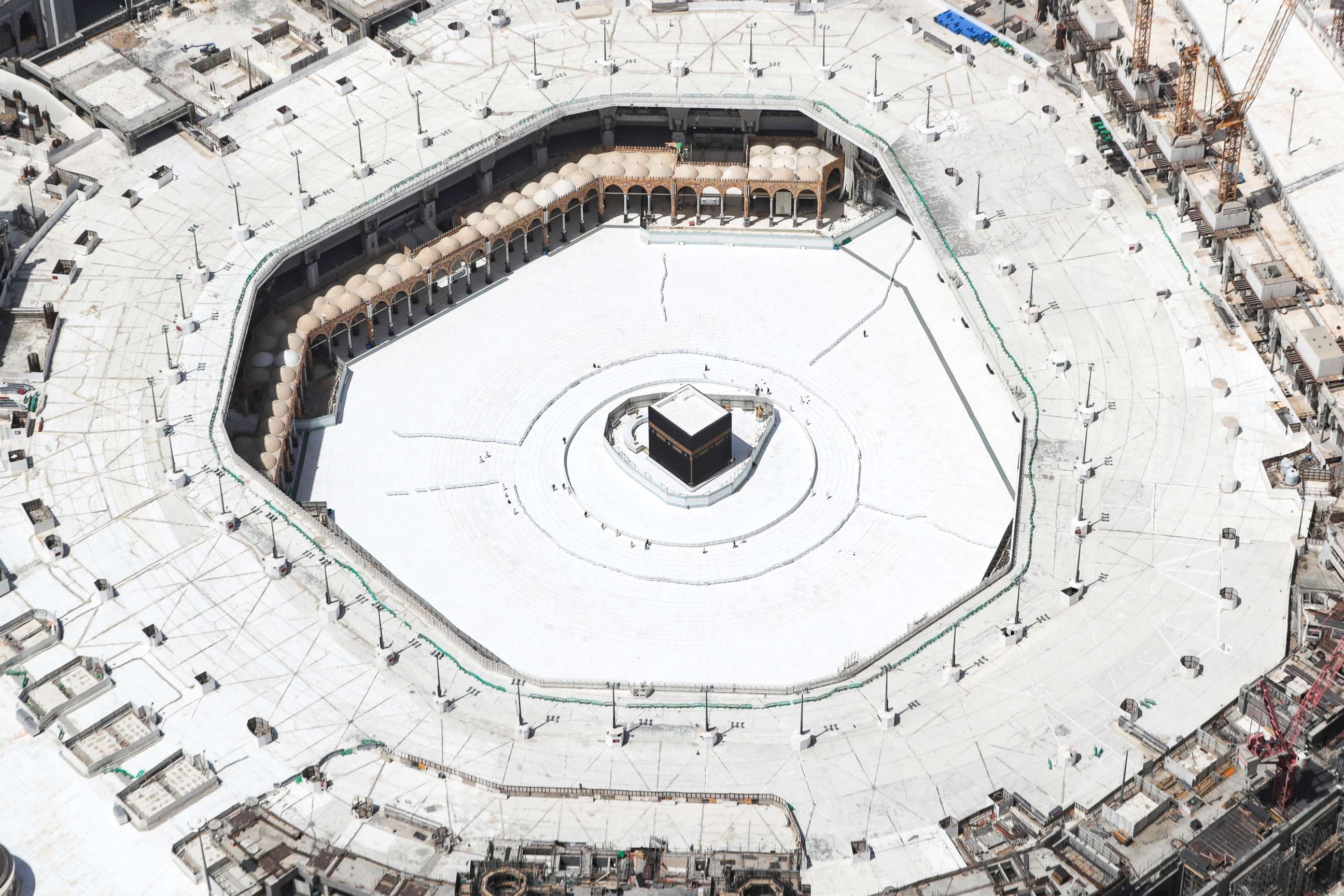
This year, worshipers will not be able to visit the holy Kaaba — the most scared Islamic site at the center of the Great Mosque of Mecca — because Saudi Arabia banned religious gatherings and congregational prayers due to the COVID-19 pandemic.
But Baig said that in the absence of communal prayer, Muslims can still keep the spirit of Ramadan alive by nurturing their spirituality and their personal relationships with God.
"Ramadan is a time of personal, spiritual awareness, spiritual reflection and accountability in our relationship with God almighty," Baig said, adding that the money saved during quarantine could be donated to the poor and the extra time at home could be spent studying the Quran and investing in family.
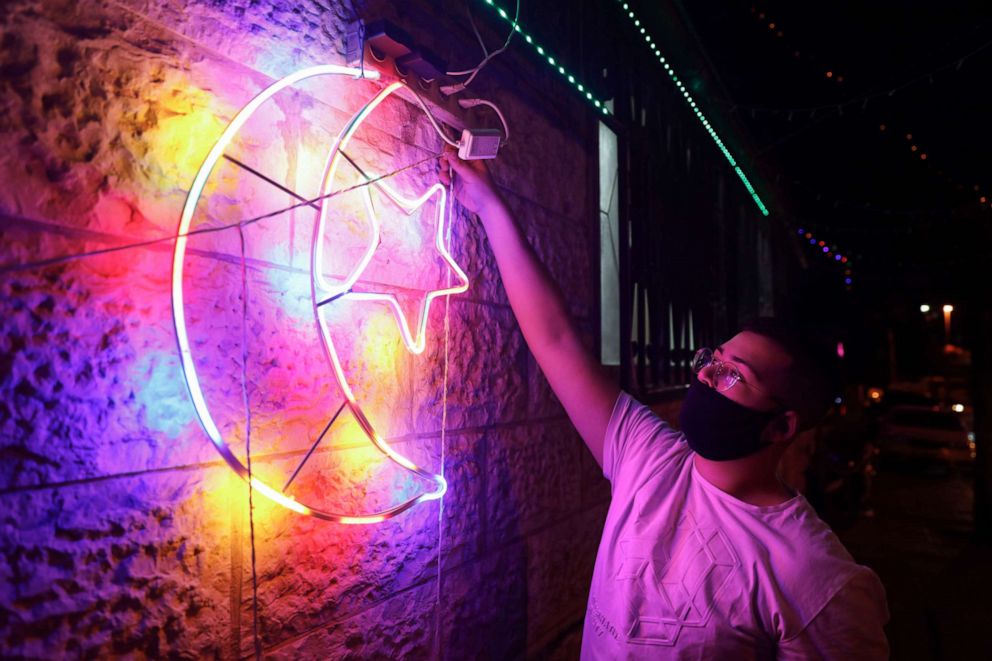
Sachedina noted that "fear of the unknown" amid the pandemic has caused "a lot of fear" domestically and globally, and although each Muslim community faces unique challenges, an emphasis on "meditation and prayer" by faith leaders has been a common thread.
"There is a lot of understanding that this is not a good, safe time and it is something that has been on us globally. We never thought this would come globally but we need to face it with faith in God," he said.
Amid the uncertainty, Baig said he is reminded that in Islam there is a belief that "there’s no sickness or disease in this world that Allah has not provided a cure for it because Allah is the merciful."
"We are facing this COVID-19. Is there a cure? I believe there is a cure. Because that’s part of my iman (faith) — all we have to do is find it," he said.




